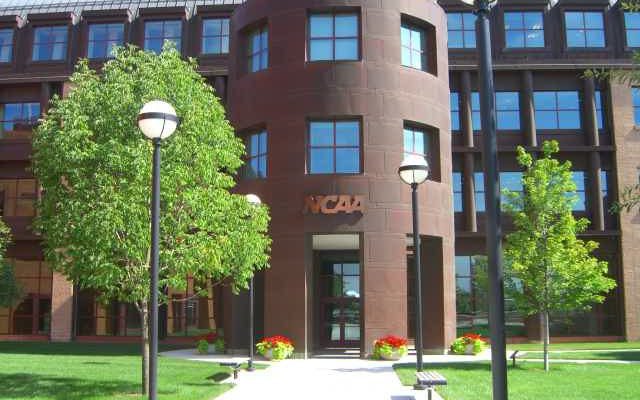It has been a heated debate over the last few decades. Do NCAA college athletes deserve compensation for their image used by universities and the NCAA? Some say that paying amateurs will wreck college sports, others believe that if college athletes are being used to make a significant sum of money that the athlete should be entitled to it. The question still remained to be unanswered until California federal judge ruled in favor of college athletes early in November.
In Oakland, Judge Claudia Wilken ruled on a law suit that will reshape the way amateur sports are played in the United States. She ruled that players could sue the NCAA to change the rules regarding athletes being able to collect on money damage for financial losses they suffered in the past. This case was filed in 2009.
Former UCLA basketball player Ed O’Bannon has been the public face for this case. NCAA used O’Bannon’s likeness for a video games without compensation. Twenty other athletes have joined him arguing that the video game violates the antitrust law.
NCAA believes that paying college athletes ruins the amateur game. College players believe they have a right to their image and that they should be compensated for any image that looks like them in a video game.
This ruling allotted significant victories and defeats for both sides of the argument.
Wilken’s ruling will help college athletes in their arguments to receive a share in television and other media revenues. This will aid college athletes around the world and impact their financial future. In the past, universities have made billions of dollars on amateurs who do not see one penny of the money generated from their personal image.
The ruling also helped the NCAA because past athletes cannot sue NCAA for past damages to players who previously played in the NCAA. This saves the NCAA billions of dollars.
Wilken also made it clear that players would not get cut of the video game or media revenue until after they were no longer affiliated in the NCAA.
NCAA argues that this law suit should not be class act because some athletes would earn more money then others. Class act lawsuits allow a large number of people with a common interest to sue as a group.
“This distinction is important because it renders irrelevant any differences in the value of each class member’s individual publicity rights,” Wilken wrote.
The NCAA can attempt to appeal Wilken’s ruling. A management conference is set for February 20th. Trial will take place in June.
This is not a full victory yet. Athletes will still have to file and litigate the lawsuits but this court ruling pushes NCAA athletes further toward being legally paid than they have ever been. The slippery slope between amateur and professional will be tested.

 A Monumental Outcry of Support for Damar Hamlin
A Monumental Outcry of Support for Damar Hamlin Stunt team finishes season with 10-game winning streak
Stunt team finishes season with 10-game winning streak New Director of Athletics seeks to minister through sports
New Director of Athletics seeks to minister through sports Lions Stay Strong and Claim Victory
Lions Stay Strong and Claim Victory
Leave a Reply